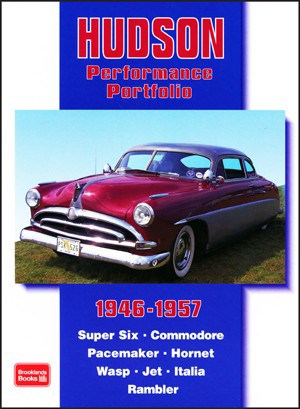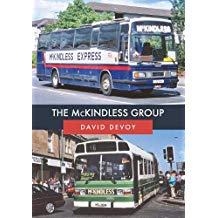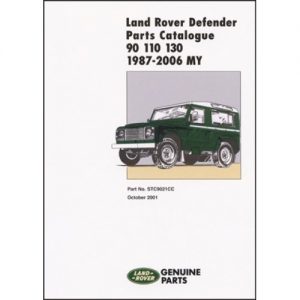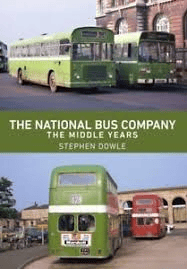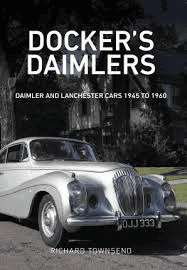Description
It might be difficult to believe that a family car named after a department store owner and powered by an inline six-cylinder flathead (sidevalve) engine was once one of the most feared competitors on US race tracks. But half a century ago, the name Hudson stood for high performance, with its legendary Hornet model ever present in the winner’s circle. In the immediate post-war years however, Hudson, along with almost every other established auto manufacturer, offered face lifted 1942 models that were typical of the rugged and reliable cars produced by the company since 1909. The 1948 Hudson broke new ground, thanks to one of the truly classic designs that became known as the Step-down because of the dropped floor in its unitary body. With their squat stance and sleek lines, plus superior handling due to a lower centre of gravity, the radical Super Six, Super Eight and Commodore models set a benchmark that few could match. Unfortunately, the company didn’t have the resources needed to substantially revise the Step-down design on an annual basis as was required in the 1950s, and the styling dated very quickly. Falling sales ultimately led to Hudson merging with Nash in October 1954 to form American Motors Corporation. Thereafter, models carrying the Hudson name were virtually just restyled versions of Nash products. The final nail in the coffin came when AMC decided to drop both Hudson and Nash for the 1958 model year and use the Rambler name instead. Prior to this, in 1951, the famous Hudson Hornet was introduced. In standard form the Hornet’s 308 cubic inch six-cylinder engine produced 145 horsepower, but experienced tuners could wring a whole lot more out of it. For example, Marshall Teague recorded 112mph in a Hornet that was certified as stock by NASCAR. By ’53 Hudson were offering racing components from the factory, including the fabled Twin H-power option and a 7-X competition engine that could pump out 210 horsepower. In 1953, Teague drove his Hornet to 12 wins out of 13 races in the AAA stock car category, while in NASCAR events Hudson had racked up 65 victories by the end of 1954 thanks to drivers Herb Thomas, Dick Rathmann, Frank Mundy and Al Keller. Sadly, it wasn’t enough to save the company but, for a brief period, Hudson was undoubtedly the performance king! This book includes road tests, new model intros, updates, drive reports & consumer analysis. Models covered: Super Six, Commodore, Pacemaker, Hornet, Wasp, Jet, Italia & Rambler.
With a total of 128 fully illustrated pages. SB
